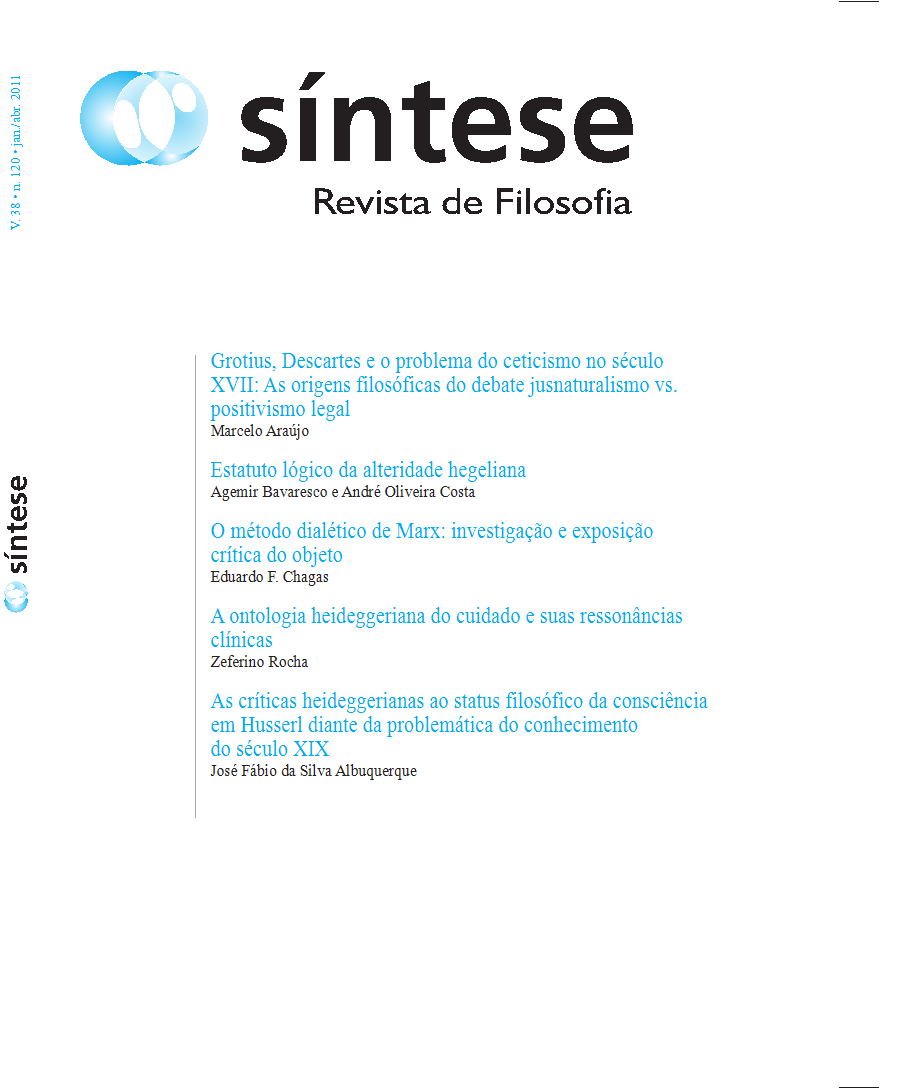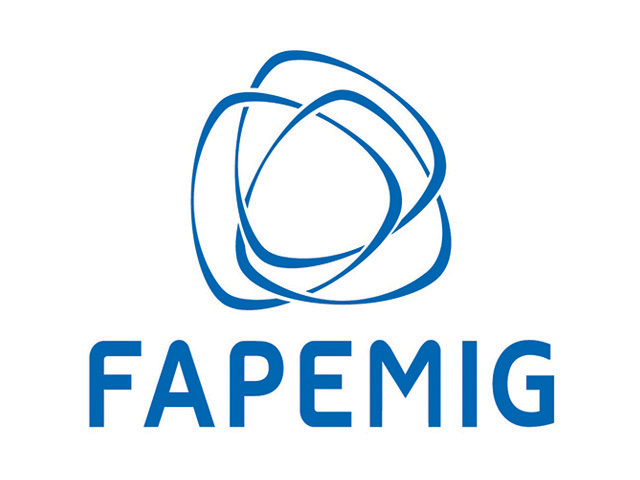ESTATUTO LÓGICO DA ALTERIDADE HEGELIANA
DOI:
https://doi.org/10.20911/21769389v38n120p27-53/2011Keywords:
Alteridade, Lógica, Filosofia Especulativa.Abstract
Este trabalho tem como temática central o estatuto lógico da alteridade dentro da filosofia de Hegel. Pretende-se compreender a lógica hegeliana através da alteridade como conceito fundamental para sua estrutura. Para tanto, nos apoiaremos na leitura de Labarrière sobre a alteridade em Hegel. A Filosofia de Hegel, para Labarrière, apresenta o silogismo que leva à unidade-diferença de seus extremos (imediatidade imediata e imediatidade mediada). Trataremos, portanto, de verificar como a lógica hegeliana, ao contrário do que afirmam os críticos da totalidade, está próxima ao denominado modelo da Identidade da Identidade e da Diferença, visto que, nessa Lógica, a alteridade não é anulada, mas suprassumida (negada, conservada e elevada). Para isso, entretanto, faz-se necessária a presença do termo médio como função reflexiva.
Abstract: The central theme of this paper is the logical statute of alterity within Hegel's philosophy. We intend to approach Hegelian logic through the concept of alterity, regarded as fundamental to its structure. In order to do so, we will base ourselves on Labarrière's reading of Hegel's concept of alterity. For Labarrière, Hegel's philosophy presents the syllogism that leads to the unitdifference of its extremes (immediate immediateness and mediated immediateness). We will therefore focus on verifying how Hegel's logic, contrary to what the critics of a flat totality affirm, is close to the so-called model of Identity of Identity and Difference, since, in this Logic, alterity is not annulled, but superseded (denied, maintained and raised). However, in order to achieve this, the presence of the middle term is necessary as a reflective function.


















